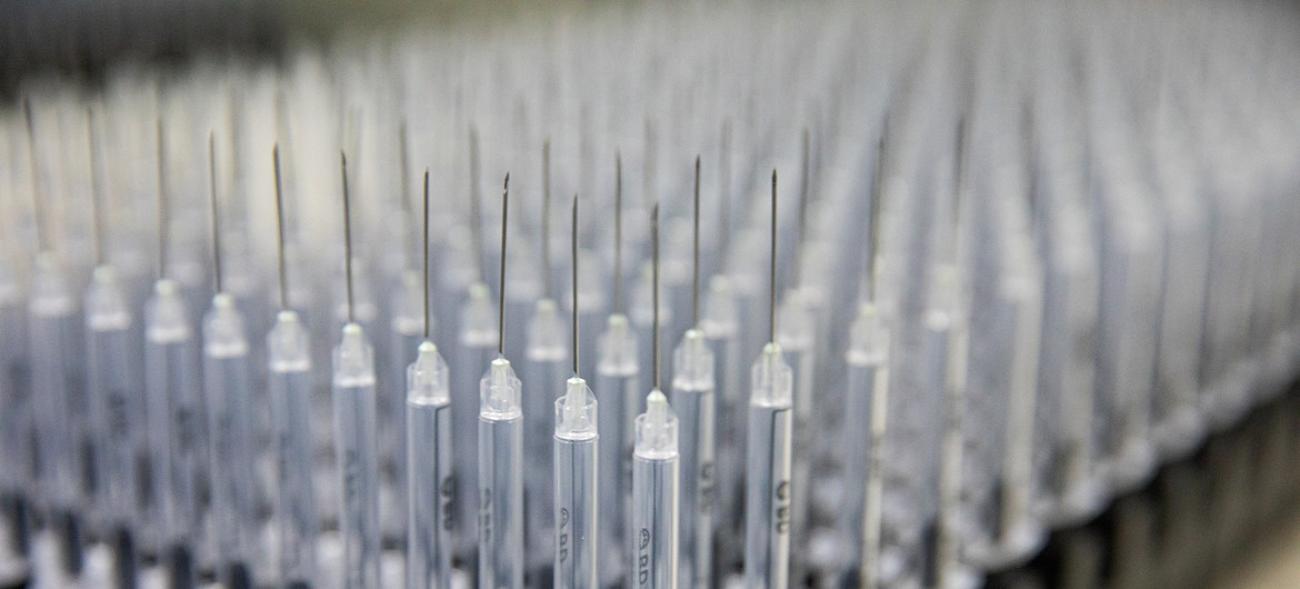The United Nations on March 11 launched a new global campaign, Only Together, aiming to advance fair and equitable access to COVID-19 vaccines worldwide.
The initiative underscores the need for global solidarity to ensure vaccines are accessible in all countries, initially targeting healthcare workers and the most vulnerable.
Tidal wave of suffering
“The virus has killed more than 2.5 million people, and left millions more with debilitating long-term health effects”, the UN Secretary-General Antonio Guterres said in a video message to launch the campaign.
"Over the past year, we’ve all missed out on doing the things we love to do with others—eating, hugging, and going to school and work”, said UN Deputy Secretary-General Amina J. Mohammed, adding that “millions of us have lost someone we love or had our livelihoods taken away.”
New era of hope
With the biggest vaccine roll out in history now underway, millions of doses are being delivered across the globe, including to some of the world’s poorest countries, through the efforts of COVAX, the UN-led global vaccine equity mechanism.
The COVID-19 vaccines will stop people from dying, prevent new variants from emerging, reignite economies and offer the best hope to end the pandemic.
Also highlighting that “an unprecedented global scientific effort for vaccines has given us hope to defeat the virus,” Ms. Mohammed stressed that new momentum and hope will emerge “only if we work together to ensure everyone, everywhere has access to COVID-19 vaccines. Only together can we end the pandemic and transform a new era of hope.”
Global good
Expressing concern over “a small number of rich countries are rolling out a majority of the doses,” Mr. Guterres emphasized that “COVID-19 vaccines must be considered a global public good.”
By the end of 2021, COVAX aims to offer vaccines to about a third of each participating country’s population. But that progress pales in comparison to the 10 richest countries who possess nearly 80 per cent of all COVID-19 vaccines, with some planning to vaccinate their entire population within the next few months.
“No country can overcome this crisis in isolation,” said the UN chief, urging that “Governments and businesses must share doses and technology, so supply goes further, and distribution goes faster.”
COVAX, co-led by the World Health Organization (WHO), GAVI and the Coalition for Epidemic Preparedness Innovations (CEPI), and in partnership with UNICEF, has support from 190 participating countries. It still needs more than $2 billion to fully meet its goal to vaccinate those most in need by the end of the year.




